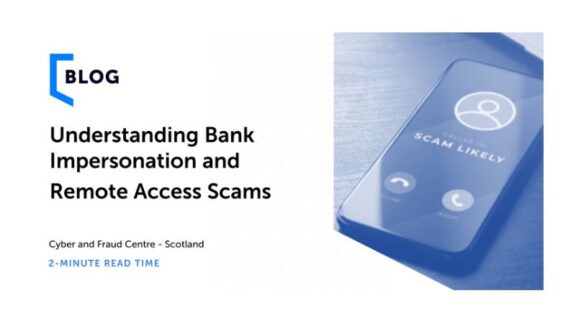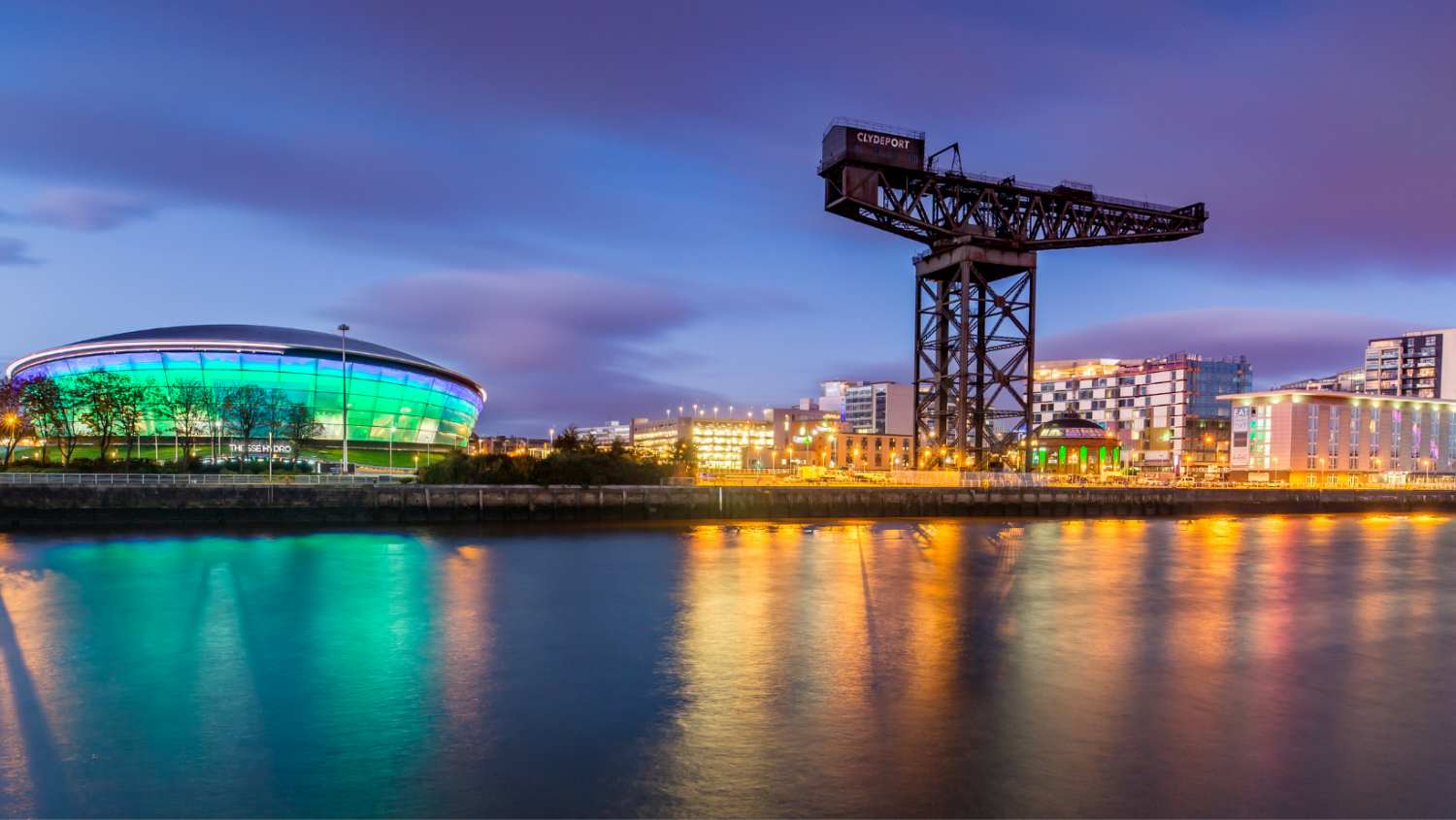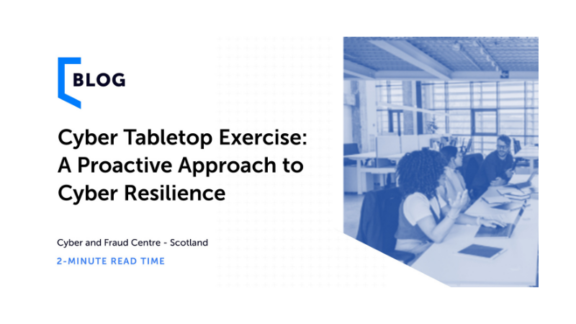- Seconded Police Constable and Business Resilience Advisor Allen Paul looks at protester activity and what business can do to stay secure during the upcoming conference in Glasgow this autumn.
When the COP26 climate conference kicks off on 31st October 2021, the eyes of the world really will be on Glasgow and Scotland. We have seen a climate emergency called in many countries around the world and this makes this autumn gathering very significant. Wherever there are gatherings of world leaders, governments and associated dignitaries, there will be pressure groups that wish to demonstrate and communicate their message and beliefs.
The policing of protests have been going on for decades and, like everything else, this has evolved and changed. The policing of protests in Scotland is always done with integrity and fairness, in line with human rights. Under the Human Rights Act everybody has a freedom of expression and a freedom of thought and assembly.
“Everybody has a right to a peaceful protest and no restrictions shall be placed on this unless it is in the interests of national security, public safety or for the prevention of disorder or crime.”
Where there are planned protests and demonstrations, specially trained officers will liaise with the organisers in order that their groups and organisations who wish to protest, can do so safely, while ensuring public safety.
Engaging with the police also benefits the protest organisers, as this will ensure that participants will avoid committing offences while attending such gatherings. Police Liaison Officers work with all of the main protest groups, and keep in contact in between events. Ultimately this helps build rapport with the groups, minimises the possibility for tension and conflict on the day, and reduces the impact of demonstrations on the general public.
Offences during protests
Of course if crimes are committed during protest activity, public order officers may be deployed and may arrest individuals at the time, if it is safe to do so. Or more commonly, wait until the event has finished before moving in to arrest the person involved. This reduces the possibility of riots and large scale disruption/damage to property and other areas. This tactic will be dependent on the type of offences being committed and the officer in charge of the operation will always take cognisance of the wider public safety impact and the human rights of all involved.
Some of the more common offences that CAN arise from protests are; obstructing the highway, breach of the peace and mobbing and rioting.
The protests themselves will likely be as colourful as they will be noisy! However, some of the activities that we have seen in the past, at climate related protests in particular, include:
- Cycle swarming-mass use of pedal cycles to slow down traffic and set up road block at bridges and busy road junctions
- Swarming – again, blocking roads for short periods and over multiple locations
- Lock-ons – protesters chaining or attaching themselves to fences, buildings, gates etc.
So what can businesses do to prepare?
Well, be prepared as best you can. Consider if you have any connection, no matter how small, with businesses or sectors that may attract the attention of the protesters, such as the oil and gas industry. This may make you or your business a target. Share any intelligence that you receive, or any concerns with the police. Also, it’s worth remembering that, just because your business isn’t based in Glasgow City Centre, doesn’t necessarily mean that you won’t be targeted. Protesters can, and have gone to great lengths to travel to remote areas to make their point.
Closely monitor the situation, looking out for build-ups of protesters near to your business and, if appropriate, make police aware of the situation.
Be aware that if your business becomes a target for protestors, the reaction of the other members of the public will vary from full support for the protestors to remonstrating with them, with the obvious danger of the situation deteriorating.
Remember – REPUTATIONAL DAMAGE.
By getting involved with the protestors, tempers can fray and the world could be watching.
It is also worth noting that many protesters will be highly knowledgeable about the law and may have legal advisors that will monitor both the action of the protestors, and the actions of the police. This will often include the use of collecting video evidence of the incidents.
So, the key messages to remember about COP26 and other protests is;
- People have the right to protest
- Monitor activity
- Liaise with the police
- Be aware that your actions COULD harm your business
For more information on COP26 and preparing your organisation, visit our COP26 Hub here.




